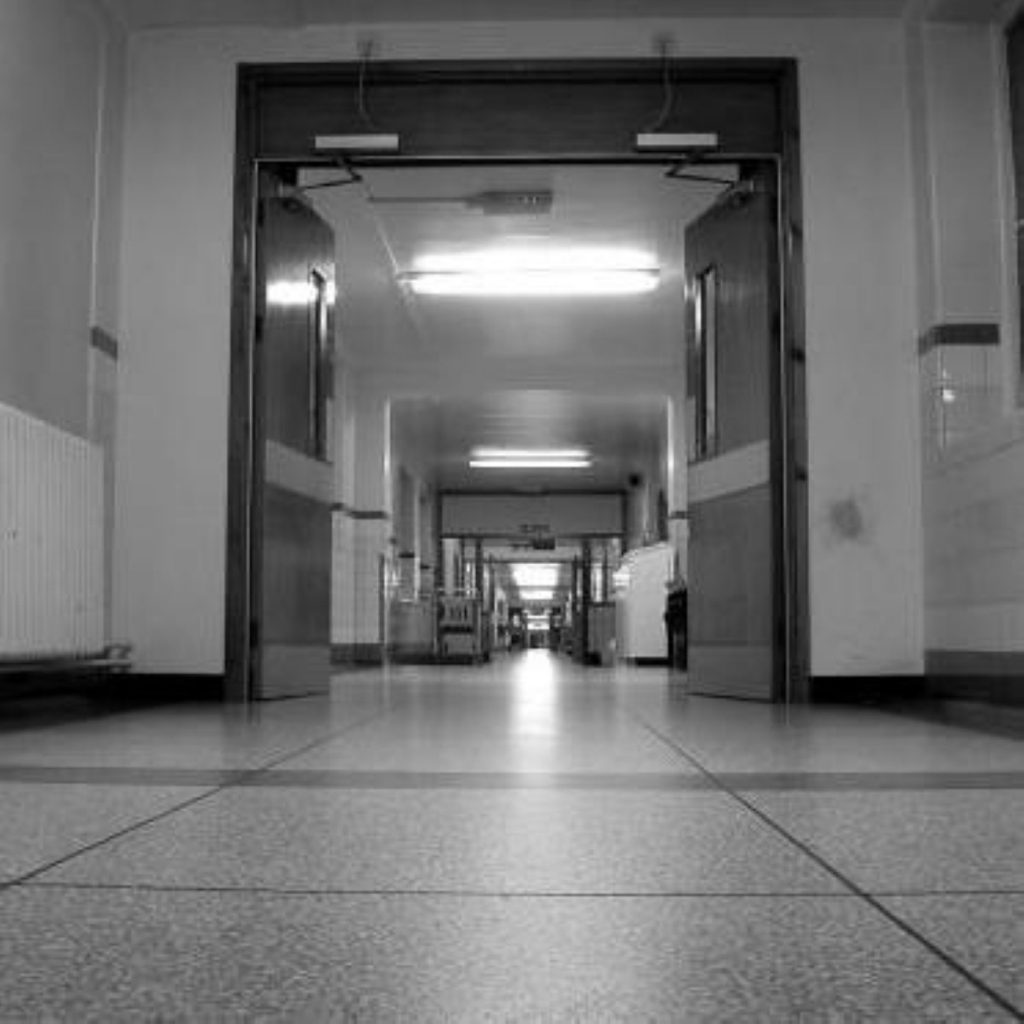Closing local hospitals ‘will save lives’
Tony Blair has today urged health professionals to back hospital closures, saying reconfiguring NHS services is critical to improving patient care.
He was speaking after a new report claimed moving services such as A&E, stroke and heart care away from local hospitals to specialised units could save hundreds of lives.
Left-wing think tank the Institute for Public Policy Research (IPPR) warns that local campaigns to save district general hospitals could actually cost 1,000 lives a year.
It says that sending more patients to specialist units where they could receive the most up to date heart attack treatment, for example, could save 500 lives every year and cut the number of repeat attacks by 1,000.


In a speech to the NHS Confederation, Mr Blair urged clinicians to back the changes to hospital care, saying they would provide the best specialist care alongside new home treatment options, such telephone access to advice, and home care visits.
“For life threatening emergencies, a specialist is needed at once. If you have a rupture of a major blood vessel you need an experienced vascular surgeon with access to 24 hour laboratory services and radiology,” he said.
He argued: “That level of expertise can’t be offered everywhere. That is why it makes sense, alongside local provision, to create specialist centres of excellence, which have 24-hour consultant cover and access to state-of-the-art diagnostic equipment.”
The government has put billions of pounds into the NHS in the past nine years, but is facing major opposition from health staff to its accompanying programme of reform.
A leaked report of a meeting with health secretary Patricia Hewitt and her staff today reveals ministers’ concerns at the bad press concerning NHS reorganisations. In it, she is reported to have said the government must “be smarter about communications”.
She stressed she would press ahead with the reforms, adding that “it was true there would always be clinicians and frontline workers who did not welcome reforms, but the government has to take on the argument and win over NHS staff and the public”.
In his speech this morning, Mr Blair added: “We do need to make the case for these changes. In that task, I hope clinicians themselves will become ambassadors for change and improvement.”
However, shadow health secretary Andrew Lansley said: “We know that patients with heart attacks, acute strokes or severe head injuries should be going to specialist centres but all of those added together make up no more than three per cent of A&E attendances.
“Delivering the best care to those with severe emergencies does not mean that we should deprive the public of access to local emergency services.”
Dr Jonathan Fielden, chairman of the British Medical Association’s (BMA’s) consultants committee warned: “Patients will naturally have anxieties about plans to change the services available at their local hospital at a time when many NHS trusts are forced to make cuts.”
Royal College of Nursing (RCN) general secretary Beverly Malone added: “If done at the right time for the right reasons, reconfigurations and reorganisations can ensure a modern and responsive NHS.
“But experience also shows that good local services improve patient outcomes and save lives. That’s why they are so valued and that’s why people are campaigning to save them up and down the country.”












